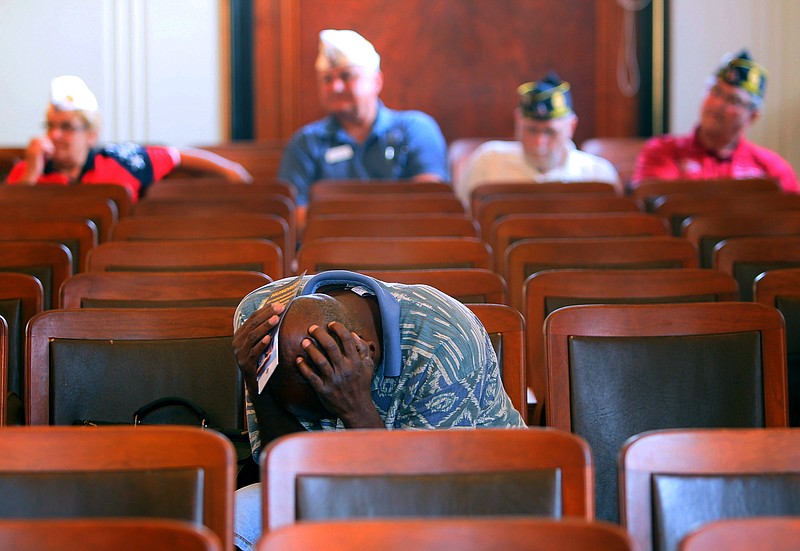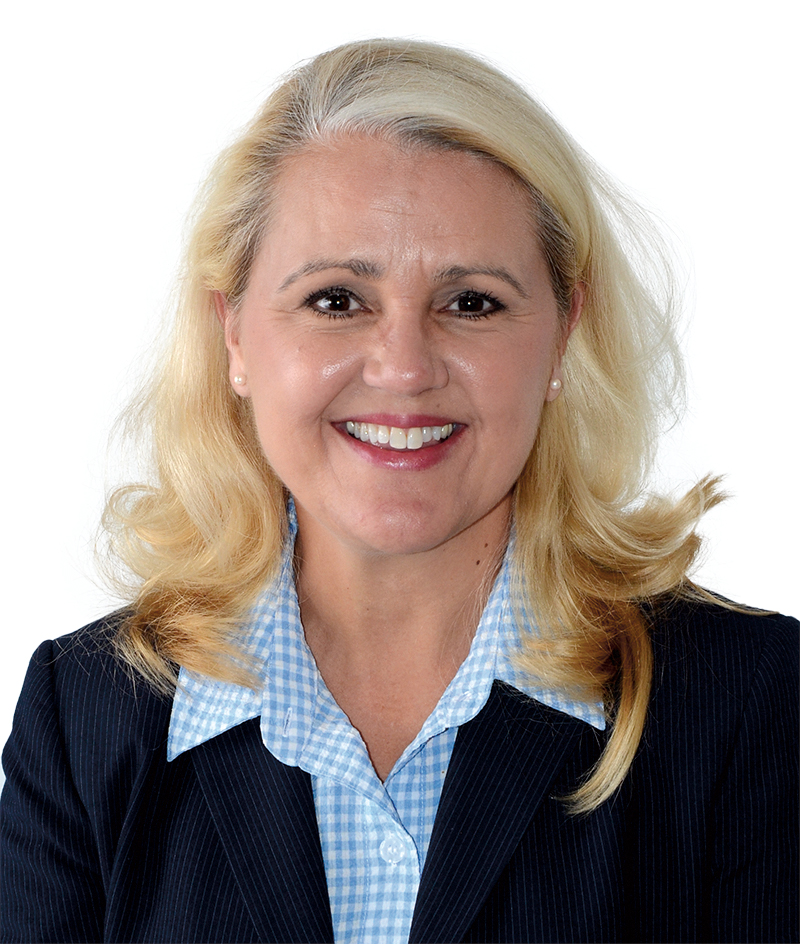Last Wednesday, President Donald Trump was surrounded by a group of military veterans in the Roosevelt Room in the White House for a bill-signing ceremony. In fulfilling a campaign promise, his signature on the bill provides meaningful improvements for any veteran in the Veterans Administrations health system.
The nightmares of Phoenix's VA started with a list of patient appointments submitted to Washington simply to meet the VA bureaucracy's reporting requirements; a backlog of appointments that exceeded seven months was exposed. An Inspector General's report revealed in September 2015 hundreds of thousands of veteran deaths - deaths attributed to ill individuals awaiting care. At the time, there was a backlog of 200,000 applications.
Tennessee's VA centers are not immune. The Memphis VA is on a watch list of facilities with "missing" prescription medications, specifically controlled substances, due to theft. In 2014, the West Tennessee site made national news with a photo of hundreds of patient charts stacked up and left to be updated. There was a three- to five-month delay for appointments. A USAToday.com story two years ago revealed, "The Tennessee Valley Healthcare System reported some of the longest wait times in the nation."
Understand, the Veterans Choice Improvement Act that Trump signed into law was not just a matter of convenience. Men and women who spent part of their lives defending their country died waiting to be taken care of. So, while these military heroes had insurance, they had no care. That sounds vaguely familiar, huh?
What does the new law do?
In 2014, President Barack Obama signed legislation to provide relief in the wake of these national scandals involving mismanagement, fraud and cover-ups at more than 100 veterans facilities in America. The initial program was a pilot that was to end in August. The program provided patients options if they lived more than 40 miles from a VA hospital or were unable to have a health care appointment within 30 days. In these cases, veterans could seek care in their local communities from private physicians and facilities.
Trump's signature means the program will continue and makes the VA system the initial payer to stop the delayed reimbursement to patients. This new law also permits patients, regardless of proximity to an official VA clinic or hospital, to leave the VA system and get treated by the doctor or hospital of their choice.
While the priority, patient care, is addressed, what corrects a system that, in part, is broken? President Trump accurately noted, "The veterans have poured out their sweat and blood and tears for this country for so long, and it's time that they are recognized and it's time that we now take care of them and take care of them properly." Yet, what makes the system work or should it be saved?
The advantage of a closed health care system is buying power through the volume of participants and purchasing power. The logic goes that a large system can control costs, procure materials and offer services at a lower cost and still provide a quality service. Sure, that can happen, but only if there are accountabilities and oversight, neither of which are widespread in the VA health care system and which are only now being addressed.
For example, the U.S. House passed a bill that would shorten the process for employee termination, but that bill is sitting idle in the Senate. Why is that? Why is failure continually funded and protected?
More importantly, when it comes to key institutions involving health and education, why do we allow large, unaccountable bureaucracies to displace more efficient, proven vehicles?
Robin Smith, a former chairwoman of the Tennessee Republican Party, owns Rivers Edge Alliance.

